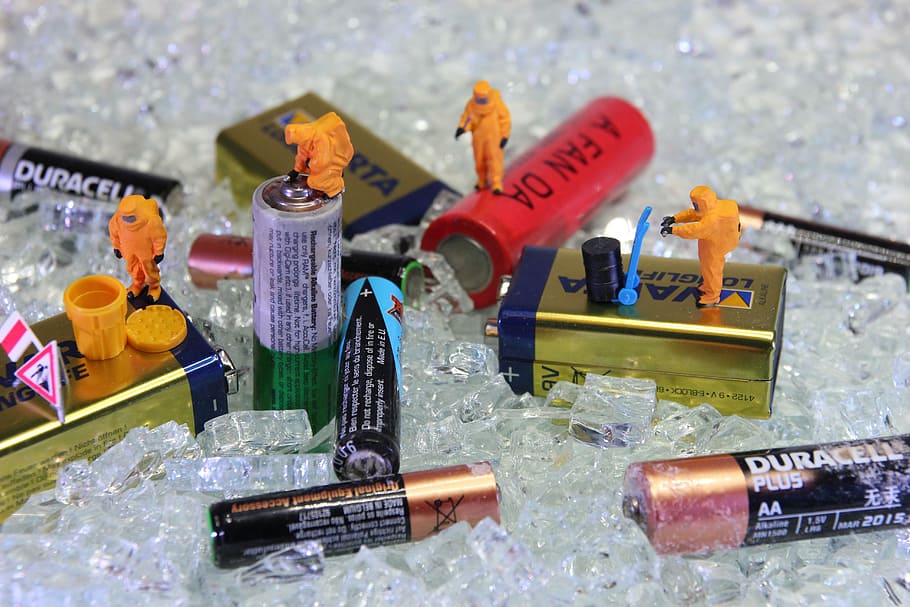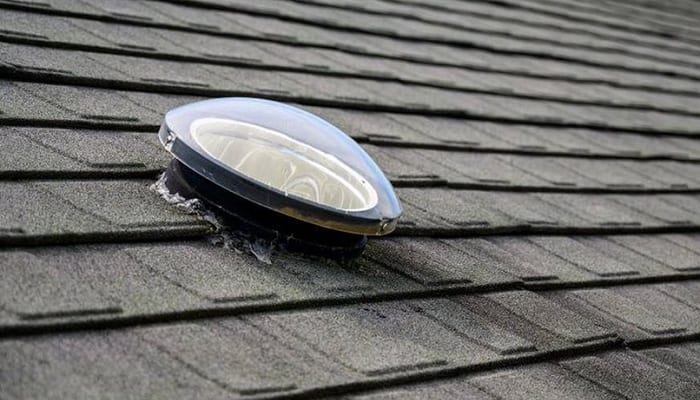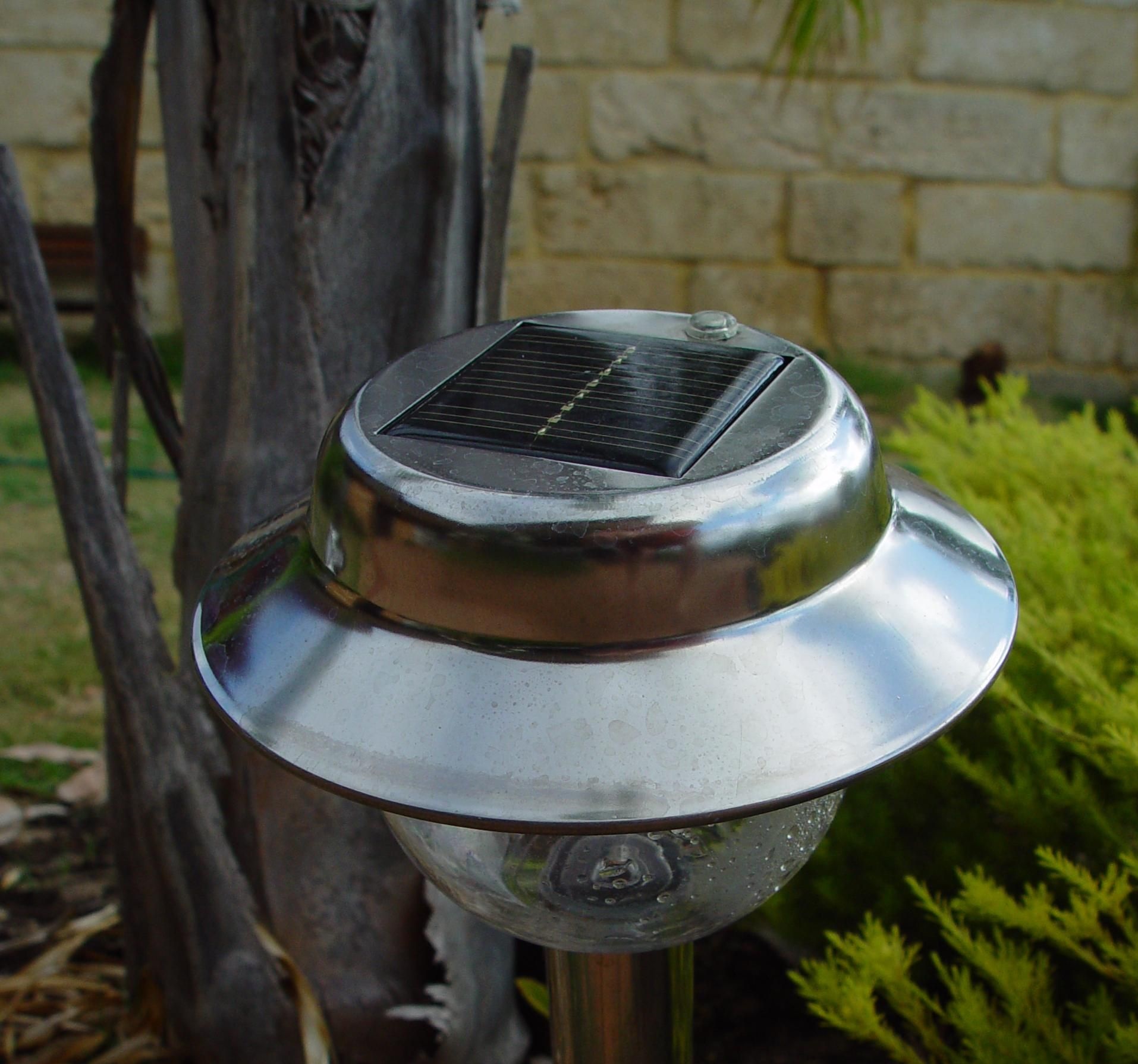Have you been wondering how long it will take you to wash your solar panels? The method you use to wash your solar panels will determine how long it takes for you to wash your solar panels. You may also be asking yourself, “Why do I need to clean my solar panels”.
Cleaning your solar panels will ensure that you receive maximum energy output. It will also help you notice if there is a minor breakage on the panel. When dust and dirt collect on the solar array, a minor breakage might go unnoticed. The best thing about solar is that you do not have to clean them regularly unless you live in a very dusty environment, or your house is surrounded by trees, branches, and bird droppings keep falling on your solar panels. Apart from these reasons, it is recommended to clean your solar panels two to three times per year.
Throughout the rest of this article, I will talk about whether you can use pressure to clean your panels and the effect that pressure washing can have on your solar panels. In addition, I will cover the best way to clean your solar panels and in what circumstances you can use pressure or power to clean your solar panels.

Can You Pressure Solar Panels?
Pressure washing may seem like an excellent idea to wash your solar panels, especially if you want them to sparkle. However, despite pressure washing being popular, it has its flaws. Solar panels are sealed using a vacuum and capped within a frame. If you decide to use high pressure, you are likely to face the following problems:
- When you use high pressure, the solar panel metal frame will shed its outer coating. The coating normally protects the solar panels from water elements. With the continued use of high pressure, the panels detach, leaving a void space.
- Many manufacturers are against the use of pressure to wash your solar panels. Their warranties do not cover solar panels damaged by the use of pressure. It is because high pressure will break the vacuum seals, which will allow water to go into the panes of the solar array system and glass. If you plan to use pressure to clean your panels be sure to read your solar panel warranty beforehand to make sure you understand exactly what it says.
- Another problem with using pressure to clean your solar panels is that it leads to over spraying. The use of pressure causes over-spraying, weakening the solar panels, and destroying roofing tiles. If you do not aim the water at a correct angle, the water will blast off the exterior and interior coatings. Moreover, it will loosen the wires and potentially get them wet, causing the solar panels to become dysfunctional.
Therefore, if you plan to use pressure to clean your solar panels, you will likely face some problems. That is why it is not a good idea and you should opt for alternatives. However, if it is a must for you to use pressure, you need to ensure it is a low pressure power washer. Low pressure will ensure the soft brittle material of the solar panel does not get damaged.
When to Use Power or Pressure to Wash Your Panels
There are unique circumstances when you have to use pressure. In these situations you should still ensure that the water pressure of your power washer is low. These are a few of the times when it might be necessary for you to use a power washer to clean your solar panels.
a. Bird Droppings
Bird droppings will cause more harm to your solar panel than film and dust. Does your array have micro-inverters or a string inverter? It is important because micro-inverters panels will show you the part of your solar panel that contains bird droppings. Micro-inverter systems have live feeds of the power production of every part of the array. If there is a section that is not producing any electricity but the rest of that panel is working, it is likely that there is bird droppings on it.
If your house is a place where there are many trees, especially the deciduous types, be ready to do regular cleaning. The leaves will drop on your solar panels preventing the panels from attracting sun rays. Moreover, trees also attract birds. Therefore your rooftop will have bird droppings and dead leaves and plants.
If the dead plant leaves and branches plus bird droppings compound on your solar panel, your panels will not function effectively. You will be required to clean your panels regularly. Also, you will need to use water under low pressure to remove the dead leaves on the solar panel and dried droppings.
You will need to consider the angle of your solar panels. If your panels are positioned flat with no angle of elevation or inclination, water will pool up, leaving a muddy residue as it evaporates. Because of this, it is recommended to elevate or slant your solar panels to ensure rain runs across them. This also makes the panels far easier to clean.
b. Dust and pollen grains
How dust will affect your solar panels will depend on where you live. Some locations are dustier than others. Therefore if you live in a dusty environment, you will need to clean your panels often. If you do not clean them, over time, dust will accumulate and prevent the panels from effectively capturing the sun’s rays.
Windy locations can make your panels accumulate dirt and pollen grains. A combination of these two can make your panels ineffective. You will need to do regular cleaning to have a good flow of current in your house. When there is a large accumulation of dust on your solar panels a power washer can be the correct choice for cleaning. Power washers can clear a large area far more quickly than a person and if there is any dust really stuck to your panels a power washer will easily remove it.
The Best Way to Clean Your Solar Panels
There are different ways to clean your solar panels and make them spotless. Here are a few of the most effective ways to clean your solar panels.
a. Hiring solar cleaning service
The best way to clean your solar panel is by hiring a professional solar cleaning service. They will ensure that your panels are spotless and capture maximum light. Remember, the cleaning services have experience cleaning solar panels and will know exactly what needs to be done to make sure your solar panels are spotless. Cleaning solar panels can be dangerous work and these professional companies are in the business of knowing how to safely and effectively clean solar panels.

b. Follow the manual cleaning guide
You may decide that you want to clean your solar panels yourself. If this is the case be sure to read the owner’s manual of the solar panels. Different manufacturers have different ways of cleaning their solar panels and you should make sure that you follow the specified cleaning method. Use the specific components recommended for cleaning and do not interchange. You can be sure your solar panels will be spick and span if you do this and you will prevent any breach in warranty as long as you follow the owners manual directly.
Tips to Consider When Cleaning Your Solar Panels
- Choose an overcast day to clean your solar panels. It will protect you from the hot sun and minimize any lost solar power generation.
- If the panels have oily stains, use isopropyl alcohol and rinse with clean water
- Use a sponge or a cloth to remove debris such as bird droppings and sticky pollen grains if you decide not to use a power washer.
- If you decide to use a pressure washer, use low pressure. High pressure will damage your solar panels.
- Only use the chemicals recommended in your manual by your manufacturer.
Final thoughts
Overall, while cleaning solar panels may sound like an easy task there is a lot more detail to be concerned with than might appear obvious. If you are using a pressure washer make sure you use a low setting to avoid damaging your panels and please follow the owners manual if you decide to clean your solar panels yourself. Doing this will ensure your solar panels will last longer and you will avoid any breach in warranty which is very important. I hope you learned something about cleaning your solar panels in this article. Thanks so much for reading, we will see you next time here at Solarsena!


